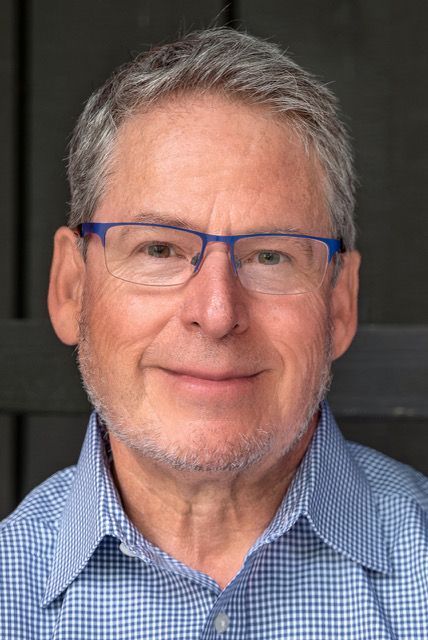Blood
Raising Lymphoma Awareness During Blood Cancer Awareness Month
Steven Eichberg was diagnosed with lymphoma in 2012.
September is Blood Cancer Awareness Month — a month that has grown particularly meaningful to me. That’s because on June 6, 2012, I was first diagnosed with the blood cancer lymphoma. I soon learned that more than 100,000 Americans are diagnosed with lymphoma each year.
Lymphoma is the most common type of blood cancer in adults and the third most common cancer type in children. It affects lymphocytes (a type of white blood cell that travel through the blood and lymphatic system to defend the body against foreign invaders, such as bacteria and viruses). Typically, lymphomas develop when a change or mutation takes place within a lymphocyte, causing the cell to replicate faster or live longer than normal. Cancerous lymphocytes also travel through the blood and lymphatic system and can spread and grow throughout the body.
Upon my lymphoma diagnosis, I joined the growing ranks of cancer survivors. Thanks to better diagnostic tools, more effective treatments and diligent researchers who are advancing the understanding of the more than 100 different subtypes of lymphoma, more people like me are able to live long and fulfilling lives after lymphoma. However, one challenge for many cancer survivors remains and that’s living a life free from long-term side effects and adverse effects post treatment.
In the grand scheme of things, this is a welcome challenge to have. However, the main reason that Blood Cancer Awareness Month exists is to raise awareness of the disease, the need for additional research for a cure and the wide range of unique challenges that blood cancer survivors face post diagnosis.
In my case, for example, my biggest challenge was maintaining my everyday activities. I can remember my various treatment protocols and wondering, “How am I going to feel? And will I be able to do all the things I enjoy?” There was so much I didn’t know and so much to learn about living with a lymphoma diagnosis.
After receiving my initial diagnosis, I plowed headfirst into gathering solid and reliable information about my specific lymphoma. Having a trusted source is more than half the battle as I did not want to go down a rabbit hole. My search led me right to the Lymphoma Research Foundation’s Helpline, where I received current and verifiable information on my disease and my options going forward. Even after my initial treatment, three years after diagnosis, I always came back to the Lymphoma Research Foundation for up-to-date information on new advances in treatment protocols. That has served me well as my initial treatment failed and my lymphoma transformed to a more aggressive variety, but the research and trials done in the few years prior, allowed me to be treated with better, less-toxic agents.
Today, I am now four years in remission and plan on staying there for many years to come.
We still have a way to go in supporting blood cancer survivors and their unique needs. Balancing career and family obligations with cancer treatment requires the support of many, and despite recent treatment advances, we’re only just beginning to understand the mental health challenges survivors face beyond their physical challenges. Those with supportive employers, families and friends have an advantage, but not all are as fortunate.
The good news is that a blood cancer diagnosis — much like many other cancers these days — is not a death sentence, and more researchers are focusing on the unique issues surrounding survivorship. Today’s cancer researchers are getting better at identifying longer-term health risks connected to cancer treatments, and that can help shape the screening and follow-up care that survivors receive. Their continued research breakthroughs make this a time of promise for the long-term health of lymphoma survivors like me.
To navigate diagnosis, treatment and beyond, cancer survivors and their families need to be armed with quality information provided by their healthcare providers and non-profit foundations like the Lymphoma Research Foundation (LRF), for which I volunteer my time as their Board Chair and assist in fundraising efforts. LRF’s only mission is to eradicate lymphoma and to serve those impacted by this blood cancer. They are founded in research and committed to community. And as I noted before, the foundation publishes valuable information on the issues survivors face and how we may all better support survivors here.
I’ve found considerable, life-affirming support through my involvement with the lymphoma community here in Massachusetts and through the simple act of talking about what we’re going through with other cancer survivors on similar journeys.
This post was written and submitted by a CURE reader. The article reflects the views the author and not of CURE®. This is also not supposed to be intended as medical advice.
For more news on cancer updates, research and education, don’t forget to subscribe to CURE®’s newsletters here.

